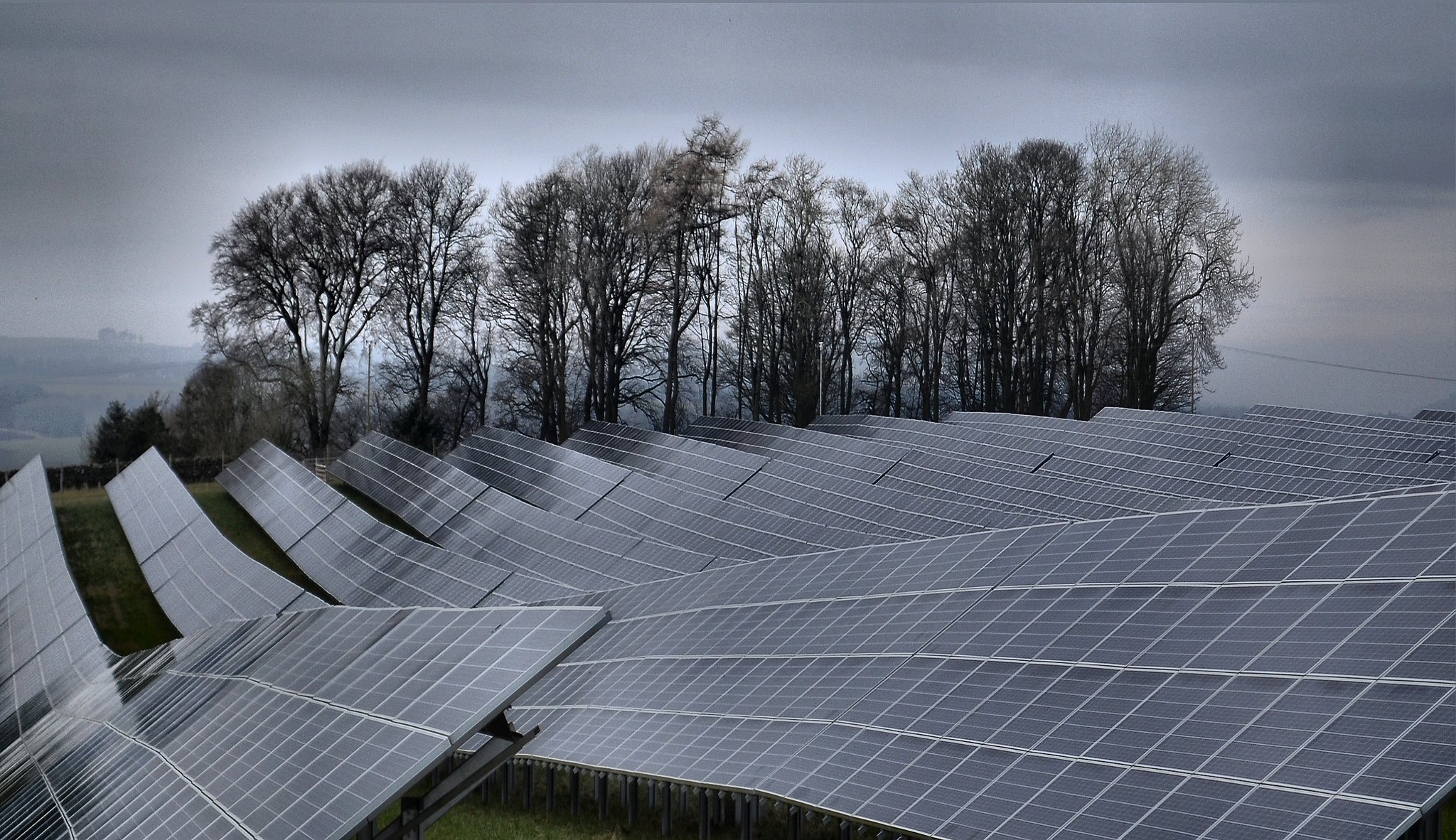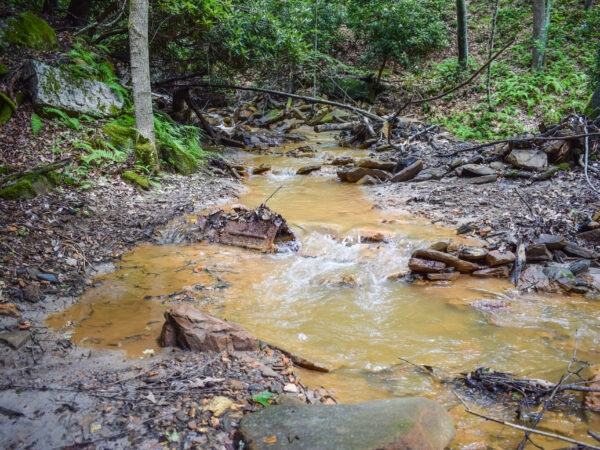
Keep up with energy-related developments in the Great Lakes area with Great Lakes Now’s biweekly headline roundup.
In this edition: Michigan legislature receives “energy freedom” bills, Toledo-based solar energy project will use profits to benefit local community, University of Illinois research could reduce water pollution from ethanol production, demands for solar panel drops due to coronavirus, and Minnesota Supreme Court tackles ban on sand-frac mining and a natural gas plant in Superior, Wisconsin.
Click on the headline to read the full story:
Illinois
- New Research Could Reduce Phosphorus Waste and Water Pollution from Livestock Runoff – Technology Networks
Researchers from the University of Illinois have developed a technique to reduce the amount of phosphorus that gets wasted from corn ethanol production. Dried distiller’s grains with solubles (DDGS), a byproduct of ethanol processing, is typically used for livestock feed. The problem is that DDGS contain more phosphorus than what the animals need, with the remainder ending up in animal waste that eventually drains into the watershed.
Michigan
A series of bills designed to encourage Michiganders to pursue greener energy options are being considered by the Michigan legislature. Some of the provisions in these bills include greater incentives for microgrids and community solar projects, in addition to increasing rates that customers receive from sending excess energy back to the grid. Bipartisan support for these bills has been around since 2014, but lobbying from major utility companies has usually stalled these bills before they got out of committee.
Minnesota
- Minnesota Court of Appeals Decision over Superior, Wisconsin, Natural Gas Plant Under Review by State Supreme Court – Duluth News Tribune
In December, Minnesota’s Court of Appeals ruled that the state’s Public Utilities Commission failed to consider the environmental impact of Minnesota Power’s proposed natural gas Nemadji Trail Energy Center when it approved the project back in October 2018. Now, the Minnesota Supreme Court is set to review the Court of Appeals decision, which Minnesota Power argues was an overreach of the state’s environmental review process, especially so since the project is located in Superior, Wisconsin.
- Anti Frac-Sand Mine Campaign Successful with Minnesota Supreme Court Decision – Winona Daily News
Minnesota’s Supreme Court sided in favor of an appeals court ruling backing Winona County’s decision to prohibit “industrial mining operations” through changes made to its comprehensive zoning ordinances in 2016. The changes were in response to a planned frac-sand mining operation run by Minnesota Sands, LLC., who filed a lawsuit against the county over the new limitations. Frac-sand mining uses sand to split apart shale rock in order to extract oil and natural gas.
Ohio
- Toledo Solar Project Will Benefit Nearby Low-Income Residents – Energy News Network
Toledo, Ohio’s port authority, the Greater Toledo Community Foundation and local businesses have all pitched in for a 3 megawatt solar plant to be constructed at the site of a former Jeep manufacturing plant which closed in 2006. The Foundation intends to use profits from the solar plant to inject money back into the low-income community for a variety of projects, from home beautification to jobs training and youth activities.
National
- Coronavirus Pandemic Hitting Solar Energy Prospects – InsideClimate News
The global COVID-19 pandemic has disrupted solar power projects as the companies in charge of installation and maintenance halt operations for the safety of their employees. A solar analyst at BloombergNEF anticipates that the virus will dampen demand up through 2021 before reverting back to normal trends.
Featured Image: Solar panel farm, Photo by Stuart Anthony via flickr.com cc 2.0




